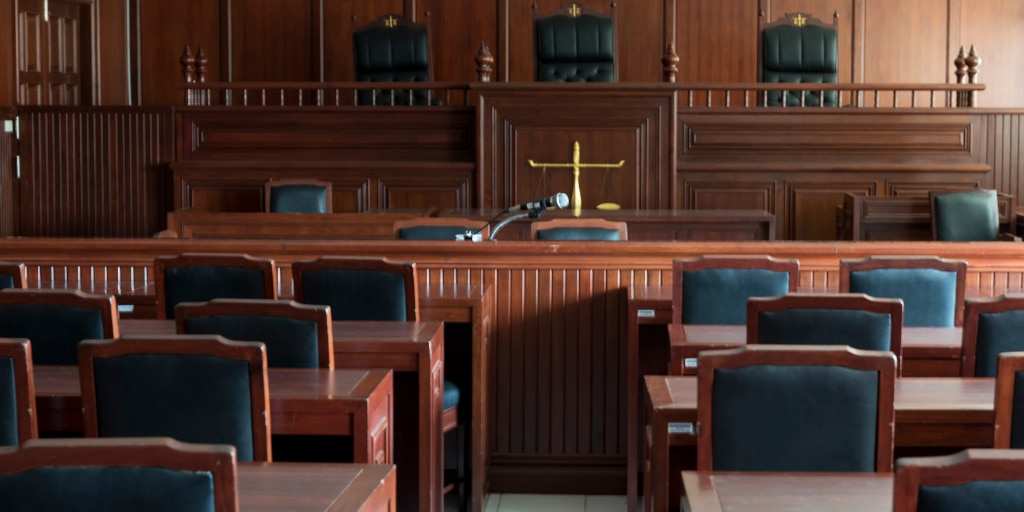- Office of the State Auditor
Media Contact
Noah Futterman

Boston — An audit released today by State Auditor Suzanne M. Bump shows the recently implemented electronic filing system (eFileMA) for the Massachusetts Appeals Court has reduced the time it takes to process cases. The audit also shows the court is improving its processes related to the collection and reconciliation of fees for appellant cases. The audit examined the period of September 1, 2018 through October 31, 2019.
The audit examined the impact eFileMA has had on case processing time. EFileMA was designed to allow individuals to open court cases and file documents with courts electronically. The audit determined that the electronic filing system has reduced the amount of time it takes to process cases. Additionally, the audit notes that the court could have reduced processing time by 22 percent if all the briefs and motions reviewed by Bump’s office had been filed electronically.
“The COVID-19 pandemic has made clear that government agencies must reduce their reliance on paper by digitizing their services and allowing individuals to file documents electronically,” Bump said of the audit. “This audit shows that the eFileMA system meets that need, and the need for efficiency, and suggests that even more benefits would accrue with its expansion.”
The audit did reveal that the Appeals Court did not obtain supporting documentation, such as receipts for miscellaneous fees, or collect all documentation when case fees were waived. Further, the audit found discrepancies between fee log sheets and supporting documentation kept by the Appeals Court’s Fiscal Office. These deficiencies create a greater risk that revenues obtained by the court may not be properly recorded and deposited. In its response, the Appeals Court indicated it is taking steps to implement the audit’s recommendations to develop a formal process for obtaining supporting documentation and for fee reconciliation.
The Appeals Court is a court of general appellate jurisdiction, where justices review decisions of trial judges. It also has jurisdiction over appeals of final decisions made by three state agencies: the Appellate Tax Board, the Industrial Accident Board, and the Commonwealth Employment Relations Board. The Appeals Court has a chief justice and 24 associate justices. During the audit period, the court administered and processed 2,088 cases.
The full audit report is available here.
###